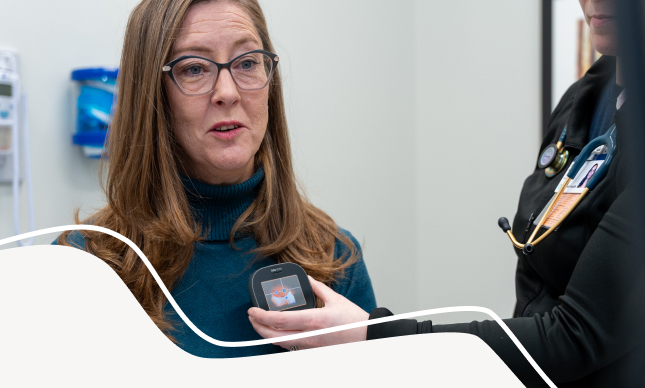COVID revolution: How pandemic could change the hospital's role forever
Hospitals were forced to reinvent themselves almost overnight.
The COVID-19 pandemic re-educated the country of the importance of the hospital within the healthcare system. It also taught hospitals the need to be flexible, forward-thinking and to adopt technology.
From an emphasis on fully staffing facilities, to new technologies and telemedicine changing the way doctors provide care, the post-COVID health system will look different than it did before.
“The importance of the health funds is something we knew all the time, but in the end, the capacity of the entire country to operate depended on the hospitals’ ability to take care of severely sick patients,” Prof. Arnon Afek, deputy director-general of Sheba Medical Center, told the Magazine.
It was a fear that medical centers would get crushed under the pressure of too many severe patients that led Israel’s leaders to repeatedly lock down the country.
Health experts believed that Israel’s underfunded and understaffed hospitals could only manage 800 severe COVID-19 patients before collapsing. Although ultimately there were some 1,200 serious cases, as infection rates rose, lawmakers kept one eye on the economy and the other on the health system.
Part of the Health Ministry’s strategy during the first wave was to require hospitals to cease providing elective and routine patient care in order to free up staff for COVID-19 patients. At the same time, people’s fears of contracting COVID in the hospital led many patients to forego preventative care. According to Wolfson Medical Center director Dr. Anat Engel, “We are now seeing a jump in the number of patients coming to us in all areas…. We see that patients are coming with more complex medical problems and in more severe stages.”
Click here to read the full article.


